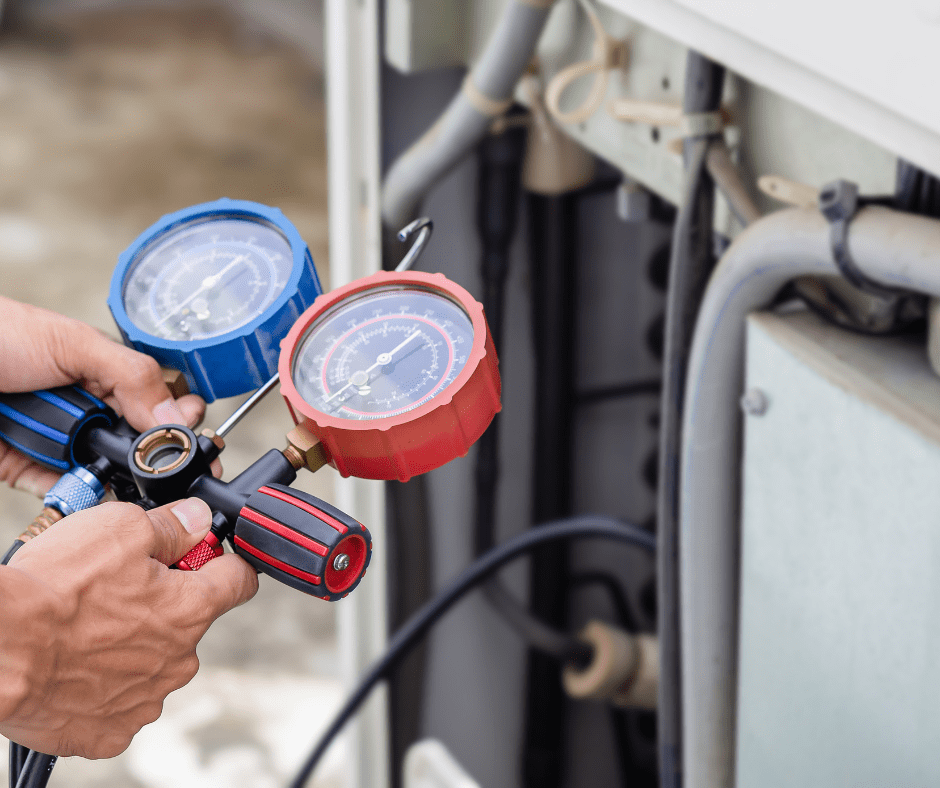Common HVAC Issues and Troubleshooting Tips

Common HVAC Issues and Troubleshooting Tips
Your HVAC (Heating, Ventilation, and Air Conditioning) system is the unsung hero of your home, diligently working to keep you comfortable throughout the year. However, even the most reliable systems can face glitches from time to time. In this guide, we’ll explore some common HVAC issues, from mysterious noises to uneven heating or cooling, and equip homeowners with troubleshooting tips to address these problems promptly. By understanding the symptoms and potential solutions, you can ensure your HVAC system continues to provide optimal performance.
- Strange Noises: Symptom: Unusual sounds emanating from your HVAC system can be disconcerting. Whether it’s banging, rattling, or hissing, identifying the source is crucial. Troubleshooting Tip: Check for loose components, such as screws or bolts, and tighten them. If the noise persists, it might be a sign of a more complex issue, warranting a professional inspection.
- Uneven Heating or Cooling: Symptom: Certain areas of your home feeling too warm while others remain chilly. Troubleshooting Tip: Inspect and replace air filters regularly to ensure unrestricted airflow. If the issue persists, consider checking for blocked vents, and adjust dampers to balance air distribution. In some cases, the HVAC system may need recalibration or professional attention.
- Frequent Cycling On and Off: Symptom: The HVAC system turns on and off more frequently than usual. Troubleshooting Tip: Verify that the air filter is clean, as a clogged filter can cause the system to overheat and cycle frequently. If the issue persists, it may be related to thermostat problems, refrigerant levels, or issues with the compressor, requiring professional intervention.
- Insufficient Heating or Cooling: Symptom: Your home is not reaching the desired temperature despite the HVAC system running. Troubleshooting Tip: Check the thermostat settings and ensure they match your comfort preferences. If the issue persists, inspect the air filter, condenser coils, and refrigerant levels. Inadequate insulation or ductwork leaks may also contribute to this problem, necessitating professional assessment.
- Leaking or Moisture Accumulation: Symptom: Moisture around the HVAC unit or water leaks can indicate a problem. Troubleshooting Tip: Examine the condensate drain for clogs and clear any obstructions. Leaking refrigerant or a malfunctioning condensate pump may also be the culprit, requiring professional attention to prevent further damage.
- Unresponsive Thermostat: Symptom: The thermostat is unresponsive or displays inaccurate temperatures. Troubleshooting Tip: Check the thermostat batteries, replace if necessary, and ensure the settings are accurate. If the problem persists, it may be a wiring issue or a faulty thermostat, which should be addressed by a professional technician.
Conclusion: Your HVAC system’s occasional hiccups don’t have to result in a full-blown crisis. By understanding common issues and implementing these troubleshooting tips, homeowners can often resolve minor problems on their own. However, if symptoms persist or worsen, it’s crucial to seek the expertise of HVAC professionals. Regular maintenance and prompt attention to issues will keep your HVAC system running smoothly, ensuring a comfortable and worry-free home environment.
